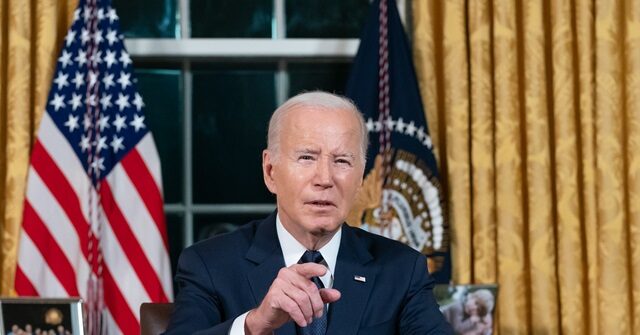In a recent interview with Fox News, Taiwanese Representative to the United States, Alexander Yui, discussed the increasing assertiveness of Chinese President Xi Jinping. He characterized Xi as having been “emboldened” in his ambitions, particularly regarding his vision for China’s future, which he refers to as his “China dream.” Yui emphasized that this shift in Xi’s attitude is not directly attributable to the policies or leadership of President Joe Biden, suggesting instead that it stems from Xi’s own ideological framework and goals.
Yui’s comments serve to underline a broader understanding of international relations, indicating that the motivations behind Xi’s actions are more deeply rooted in his personal motivations and aspirations rather than reactive to external influences such as changes in U.S. political administration. This points to a complex interplay of internal Chinese political dynamics that drive Xi’s ambitions, reflecting his desire to restore China’s status on the global stage. The idea of the “China dream” encapsulates Xi’s vision for national rejuvenation and increased global influence, which he sees as critical for China’s future.
The implications of Xi’s assertiveness are significant, as it impacts not only Taiwan’s security and stability but also regional and global geopolitical landscapes. Yui’s remarks highlight the importance of acknowledging Xi’s motivations as critical for understanding the challenges faced by Taiwan and other nations in the Asia-Pacific region. The notion that Xi’s actions are motivated by a long-term vision rather than immediate geopolitical maneuvers suggests that responses from the international community need to be strategic and nuanced, considering the deeper aspirations behind China’s policies.
Moreover, Yui’s perspective invites a reevaluation of U.S. foreign policy towards China, especially in the context of bipartisan concerns about Beijing’s intentions. While criticisms of the Biden administration’s approach to China are prevalent, Yui’s assertion implies that such critiques might overlook the more profound reasons influencing Xi’s decisions. Instead of solely focusing on the actions of current U.S. leaders, analysts must consider the enduring elements of Chinese political ideology and Xi’s personal agenda.
As Taiwan continues to navigate its relationship with China under growing pressure, Yui’s insights underline the need for a united front among democratic nations. He suggests that understanding China’s internal political motivations can foster collaboration among countries that share democratic values. There is a call for solidarity in addressing the challenges posed by an assertive China, emphasizing the importance of maintaining stability and security in the face of Xi’s ambitions, particularly concerning Taiwan’s sovereignty.
In conclusion, the discussion brought forth by Yui during the interview sheds light on the complexities of international relations shaped by individual leaders’ visions and ideologies. Xi Jinping’s “China dream” represents a significant driver behind China’s assertive foreign policy, highlighting the necessity for a thoughtful and proactive approach from the United States and its allies. Understanding Xi’s motivations is crucial for developing effective strategies to engage with China while supporting peace and security in the region, particularly for Taiwan and its ongoing struggle for political autonomy.

